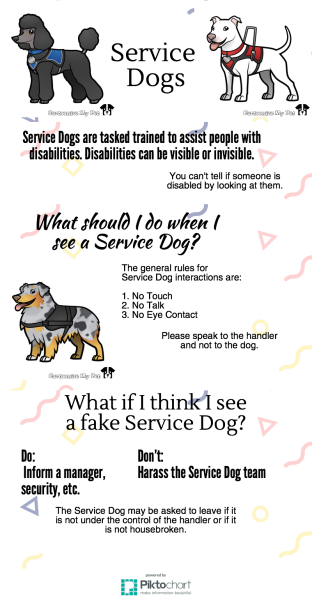Is Dog Daycare Stressful
Is Dog Daycare Stressful
Blog Article
Can Pet Dog Childcare Reason Health Problem?
Pet dogs in daycare receive great deals of exercise, socialization with various other canines and unique experiences. This can be specifically practical for young puppies and canines with behavioral concerns.
There are numerous legal considerations you need to consider when beginning a dog childcare business. These include the structure of your company and compliance with federal government laws.
1. Pooch Distemper
Canine distemper is spread through direct contact with the bodily fluids and waste of a contaminated pet dog, yet it can additionally be transmitted via shared water and food bowls or through airborne droplets. This extremely infectious health problem is most unsafe for pups, yet it can impact dogs of any age and is fatal for most if left neglected.
Preliminary signs of canine distemper typically simulate an acute rhinitis, consisting of runny eyes and nose with watery or pus-like discharge. As the disease progresses, a dog will develop fever, coughing, reduced appetite, vomiting and diarrhea. The virus can additionally strike the nerves, resulting in seizures, twitching and partial or complete paralysis.
Trusted day cares minimize direct exposure to infection by needing inoculations, regular health examinations and comply with stringent health procedures. If your puppy seems overly exhausted or limping, a day of rest might aid him recoup, yet you must prevent taking him back to day care up until these signs clean up.
2. Kennel Cough
Kennel cough, additionally called contagious canine tracheobronchitis or Bordetella, is an extremely contagious viral or bacterial condition that influences the breathing tract. It's typically transferred through the exchange of saliva or air beads that an unwell pet dog exhales. Social dogs go to greater danger for infection because of their frequent interaction with each other, such as when they play, share food or water, smell one another or simply meet in a jampacked setting like a pet dog park or day care.
The most common signs and symptom of kennel coughing is a consistent and forceful coughing that seems like something stuck in the throat or retching. Frequently, dogs will certainly divulge foamy white phlegm. If left without treatment, a canine can develop pneumonia and go to severe risk permanently.
A reputable childcare center must have strict cleaning and hygiene procedures, sanitize all playthings, food and water bowls on a regular basis, and be open regarding their inoculation plans. Keeping your pet dog as much as date on their inoculations, especially for bordetella and canine influenza, will greatly lower their possibilities of contracting the ailment.
3. Parvovirus
Canine parvovirus, or parvo, is an extremely contagious viral illness that can be dangerous for young puppies and young adult pets with inadequate immune systems. It's most commonly spread out by direct contact with contaminated pet dog feces-- which can happen when pets smell, lick, or taste contaminated feces-- and indirectly from contaminated individuals, items, or environments (like kennels, brushing rooms and grass). Young puppies and dogs without full vaccination backgrounds are particularly at risk to parvo.
The infection is extremely resistant, making it through in the setting for as much as nine years, and can conveniently be transferred in between pet dogs by contact with feces or on shoes, garments, and bed linen infected with parvovirus. If not dealt with right away with IV liquids, electrolyte balance, throwing up control medicines and anti-biotics to avoid second bacterial infections, a pet will rapidly dry out and establish severe looseness of the bowels, which leads to shock and sepsis. Parvo is difficult to treat as soon as a canine has actually ended up being ill, yet with suitable vet care, lots of puppies do survive this ailment.
4. best dog boarding Dog Flu
Canine flu virus is extremely transmittable and spreads through straight contact, sharing food and water bowls, licking or nuzzling various other pets, with air-borne droplets, and with infected surfaces. Inoculation works in decreasing the danger of infection and episodes.
Many impacted pets establish a light respiratory infection with a cough that lasts 1-3 weeks. They might also have nasal and eye discharge, sneezing, and sleepiness. Some of one of the most significant cases lead to pneumonia and a high fever.
If your dog displays any one of these signs and symptoms, do not bring them back to daycare up until they are healthy and balanced. If your dog is showing indicators of severe fatigue or limping, speak to your veterinarian immediately and see to it they get on good health supplements to assist develop their resistance. A vet will assess your pet dog for signs and symptoms of the flu by taking a sample from the nose or throat, and blood examinations can be done to validate.